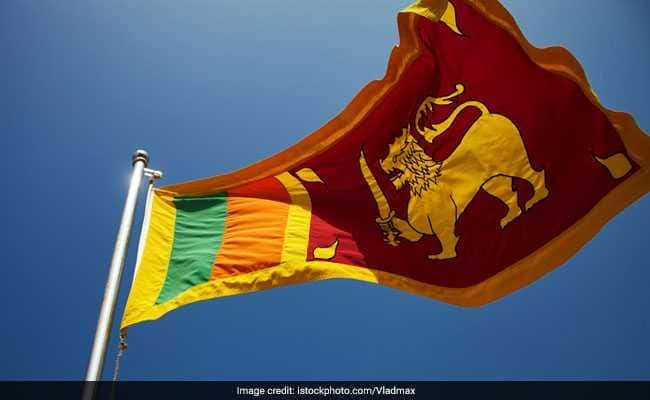Sri Lanka In Talks With China For $1 Billion Loan

Sri Lanka is seeking a loan of nearly $1.0 billion from China for energy and highways as the island recovers from the devastating Easter Sunday bombings, the finance ministry said Thursday.
Talks are underway with China's Asian Infrastructure Investment Bank (AIIB) to raise the new loan in addition to the $1.2 billion obtained from international agencies this year, the ministry said.
"We have been discussing with the AIIB to obtain nearly an additional US$ 1,000 million for further development of the Power and Highway sectors," the ministry quoted Finance minister Mangala Samaraweera.
Sri Lanka's former government borrowed heavily to rollout ports, highways and railroads, but several ambitious infrastructure projects ended up as white elephants and left the country facing a mountain of debt -- mainly to China.
Unable to service its loans, the government of Prime Minister Ranil Wickremesinghe leased a Chinese-built port at Hambantota to a Beijing company for $1.12 billion in 2017.
Samaraweera said the country was able to maintain economic stability despite the April 21 attacks that killed at least 258 people at three churches and three luxury hotels.
The government expects tourism to decline 30 percent this year as a result of the suicide bombings. The loss of revenue has been estimated at $1.5 billion.
The minister's remarks came as the census department said the country's economic growth in the first quarter of this year was 3.7 percent -- better than the 3.5 percent forecast by the authorities.
That compares to 1.79 percent in the final quarter of 2018 and 4.02 percent a year earlier.
Last month, the Central Bank of Sri Lanka cut its main lending rate by 50 basis points to 8.5 percent to encourage borrowing and mitigate any fallout from the bombings.
Forty-five foreigners were among the dead from the April 21 suicide attacks and nearly 500 people were wounded.
The government has begun subsidising loans to hotels which were already suffering a declining in foreign guests following last year's political crisis.
The country had plunged into turmoil in October when President Maithripala Sirisena sacked his Prime Minister Ranil Wickremesinghe and called fresh elections.
However, the Supreme Court held that the president's actions were illegal and restored the status quo. But, three international credit rating agencies downgraded the country's debt making it more expensive to borrow abroad.
